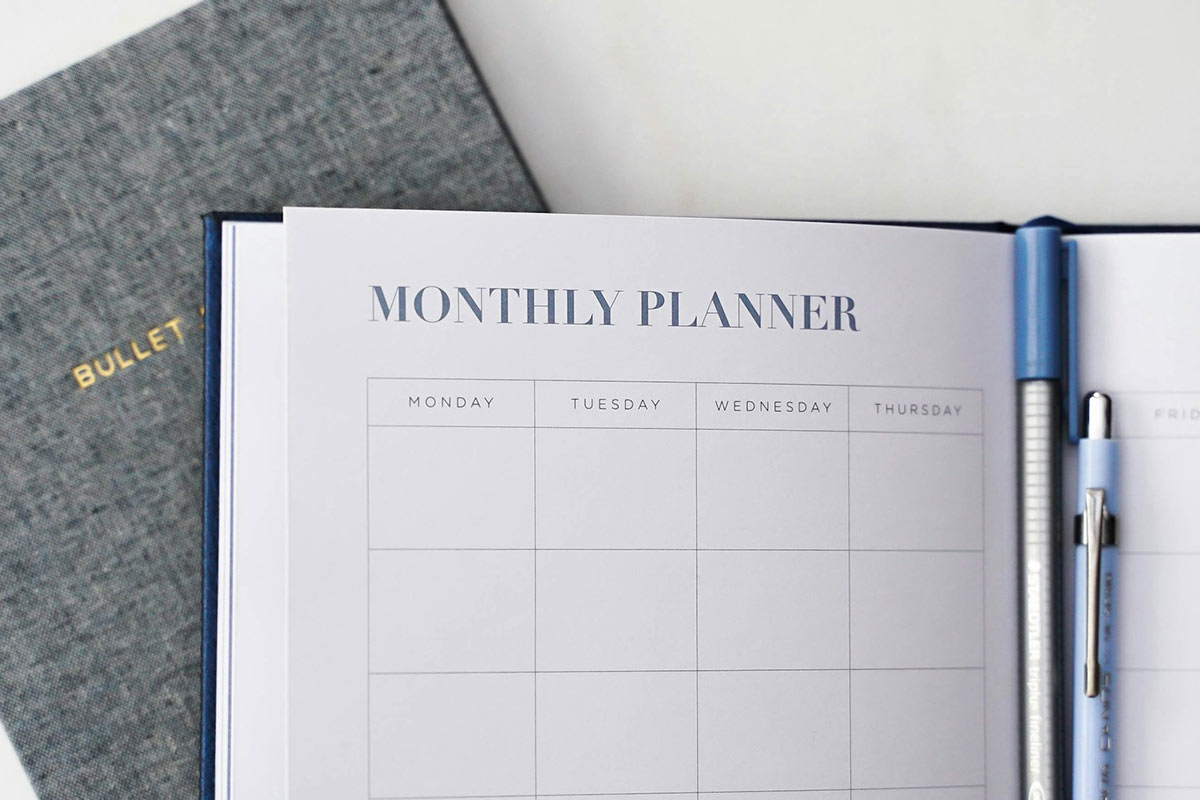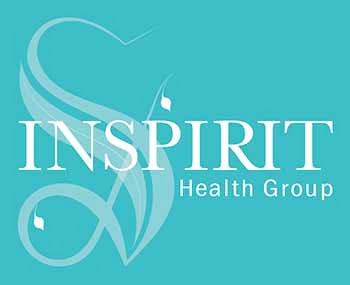What Does Clinical Counselling Involve?
Counselling involves introspection and reflection, which may initially involve experiencing inner pain and turmoil. In many ways, allowing yourself to truly feel and experience this dissonance can help discover alternative ways of being, skills and new awareness about yourself. Many people find that it is helpful to have a safe, secure and private space to discuss their experiences, and inner world free from judgement. While this may be difficult, it can often lead to feelings of personal growth, empowerment and improved life satisfaction.
What to Expect During Your Counselling Sessions
What to Expect in Your First Session
During your first session, your counsellor will engage in conversation with you about the counselling process and go over informed consent. This document outlines your rights and responsibilities as well as those of the counsellor. This includes a discussion about limits to confidentiality, payment agreements and any other important pieces of information that you should know before beginning your counselling.
Following the signing of this document with your counsellor, the first session is used to develop a sense of what you would like to address in counselling and may include developing goals and overall focus with your clinician. The first session is a great opportunity for you to also assess the goodness-of-fit. Ultimately, the most therapeutic change occurs when you have a strong relationship with your counsellor.
What to Expect at Your Subsequent Visits
The counselling process is collaborative. You have the right to end your counselling at any time and ultimately the main goal is to have you feel as though you don’t need to return. The number of sessions that you book depends on your presenting problem, the main goals and focus. This also applies to the frequency of visits. Have a discussion with your counsellor about how you’re doing overall and whether you’d like to re-book.





